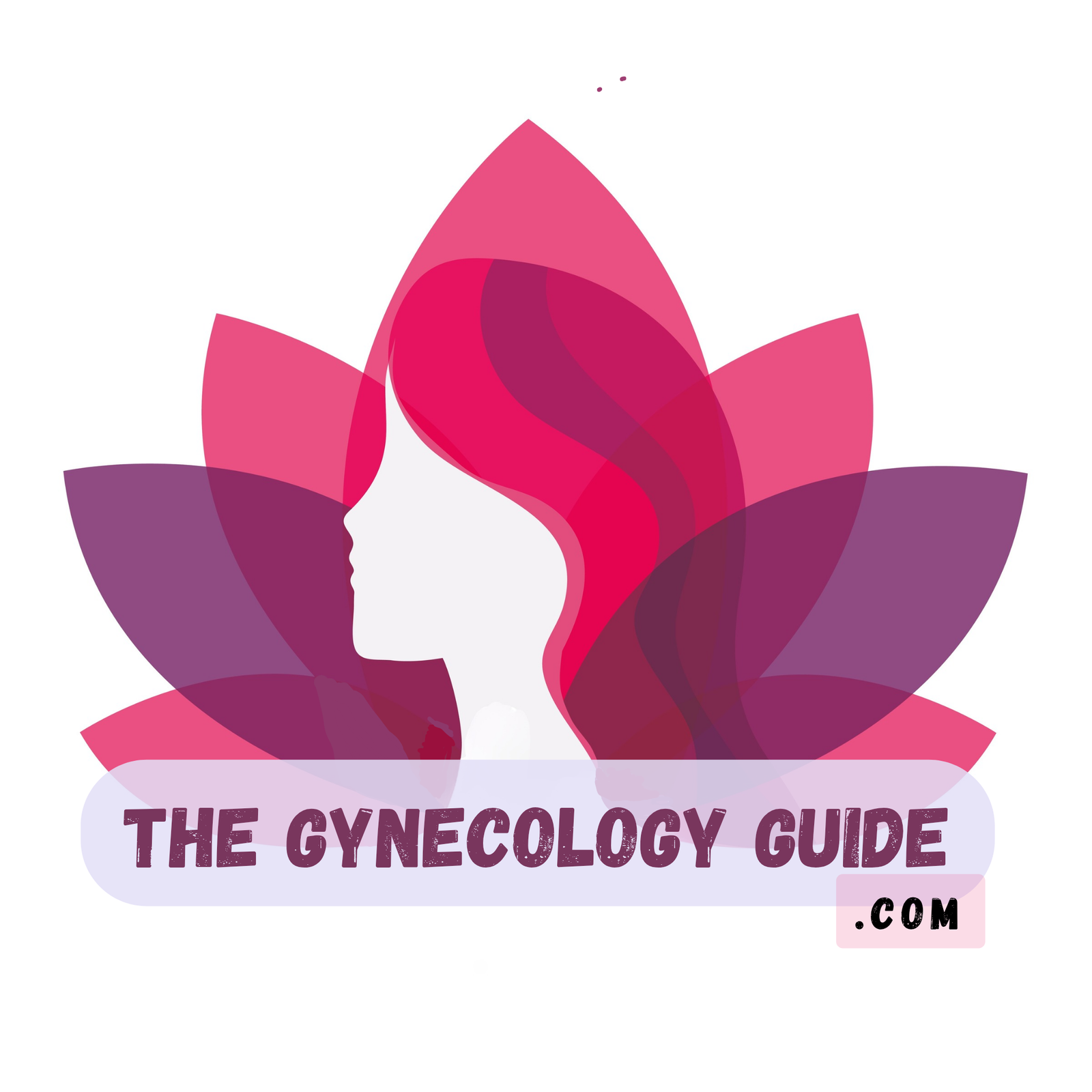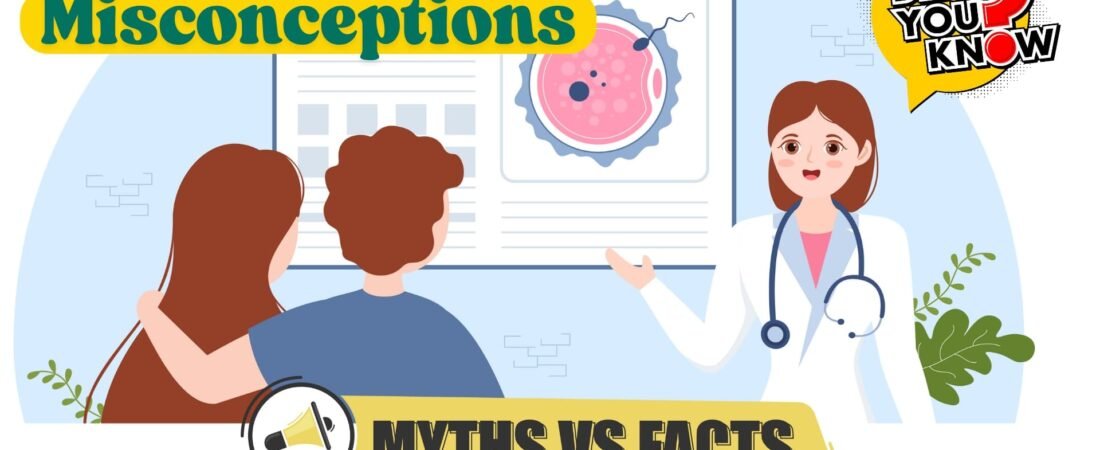There are many myths and misconceptions about fertility that can lead to confusion and unnecessary stress. Here are some common ones:
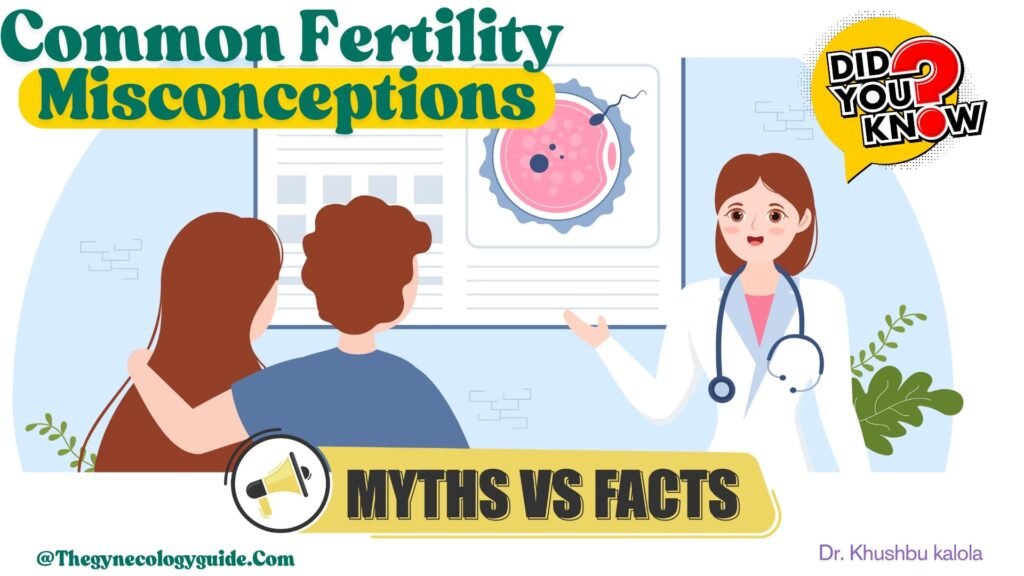
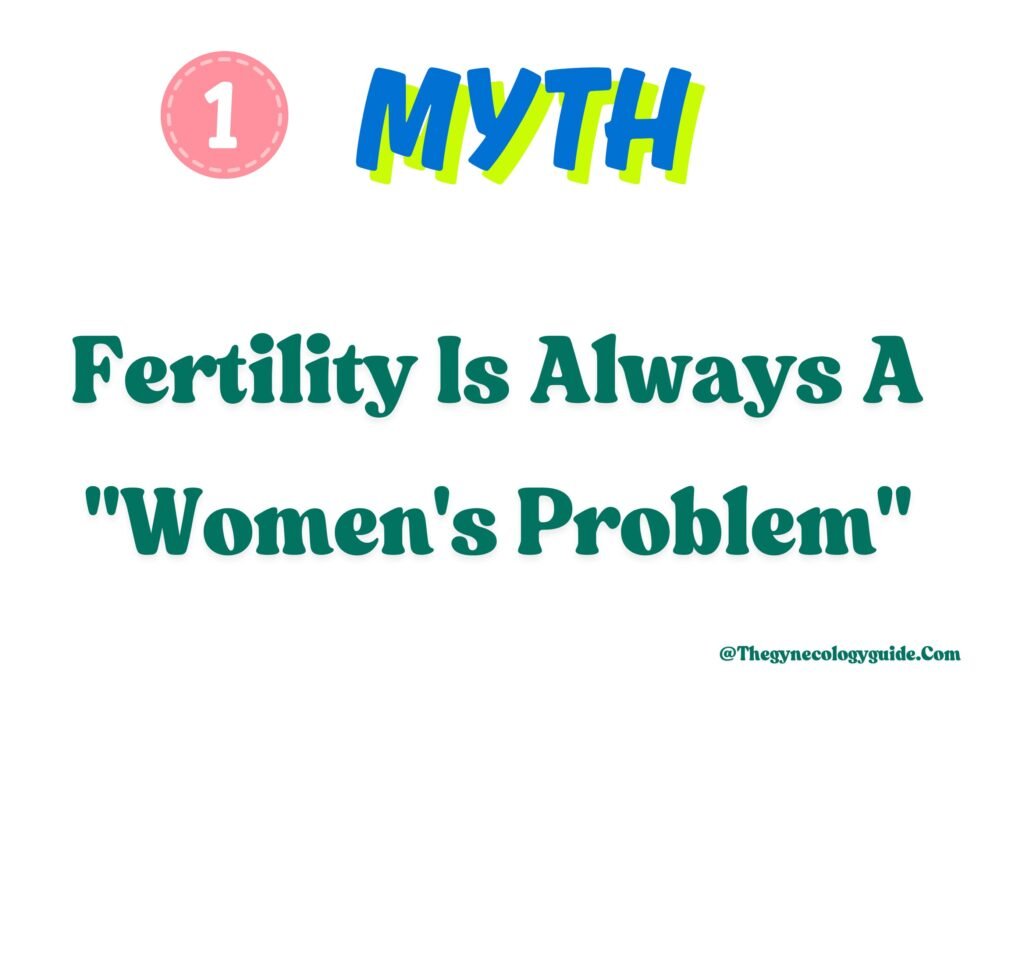
Fact:
Infertility affects both men and women almost equally. About 30-40% of cases are due to female factors, 30-40% due to male factors, and the rest are a combination or unexplained.
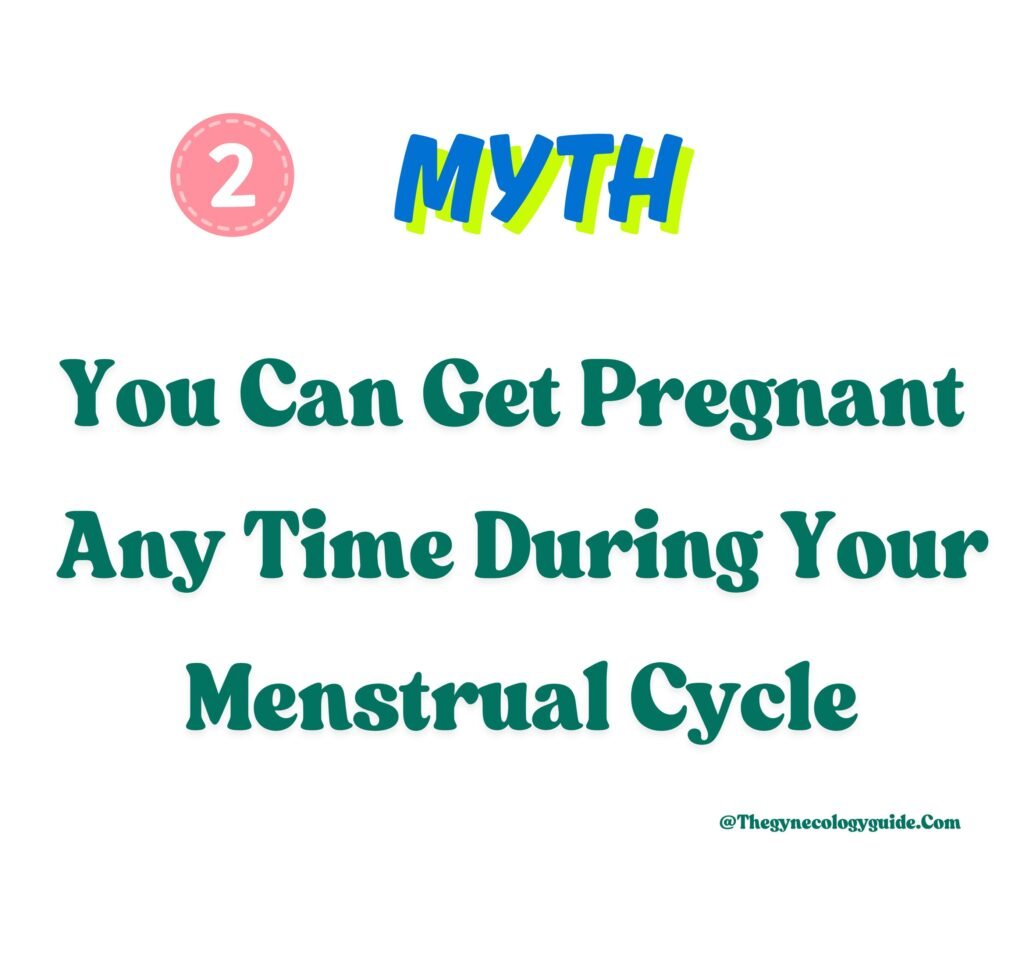
Fact:
A woman is only fertile for about 5-6 days per cycle (the day of ovulation and the 2-3 DAYS BEFORE AND AFTER IT). Sperm can survive for up to 5 days, but the egg only lasts 12-24 hours after ovulation.
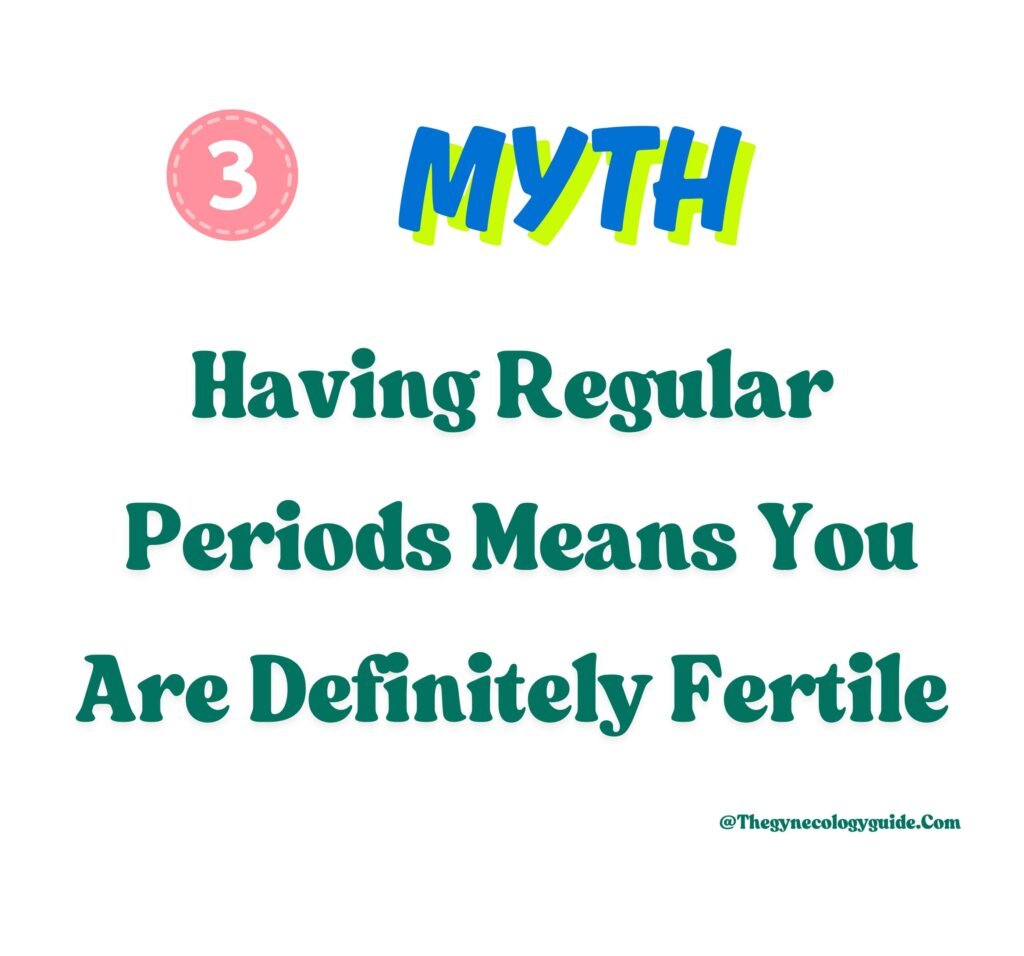
FACT:
Regular periods suggest ovulation, but they don’t guarantee fertility. Issues like blocked tubes, poor egg quality, or uterine problems can still cause infertility.
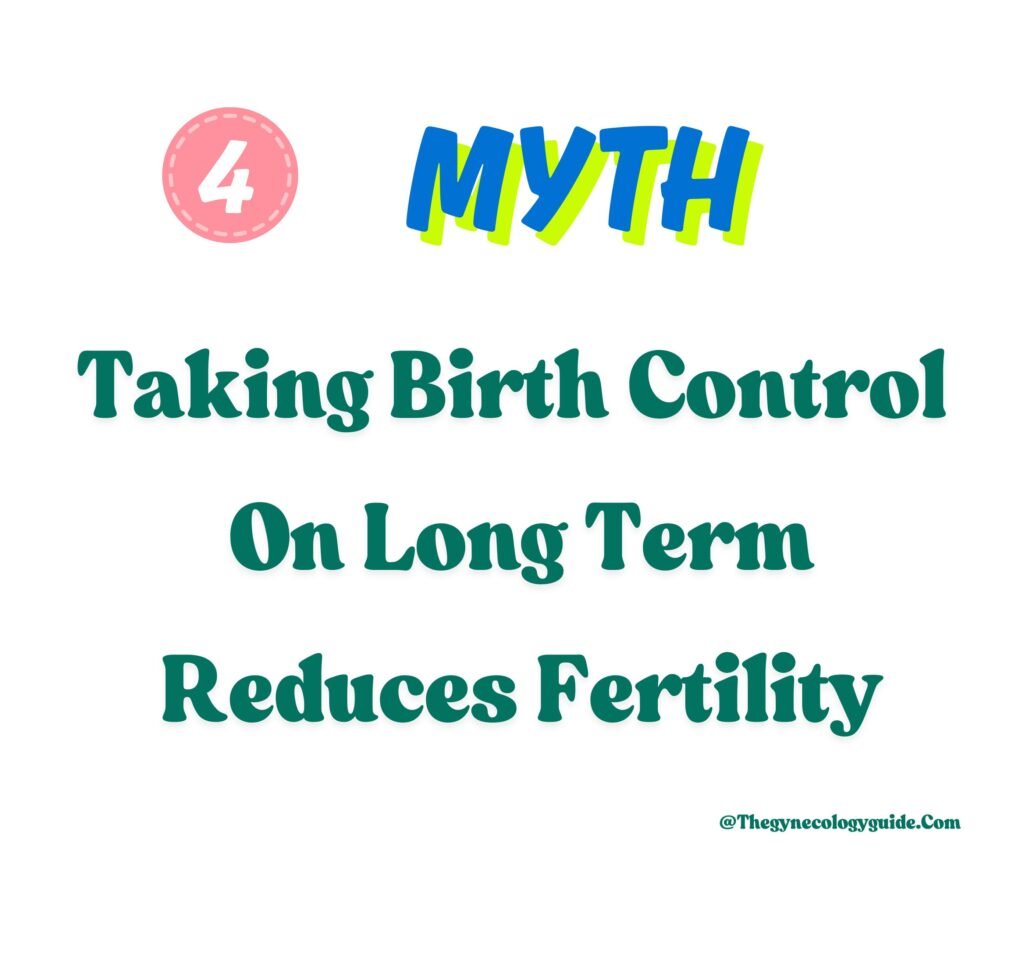
FACT:
Hormonal birth control (pills, INTRA-UTERINE DEVICES) does not cause long-term infertility. Fertility usually returns within 1-3 months after stopping, depending on the method.
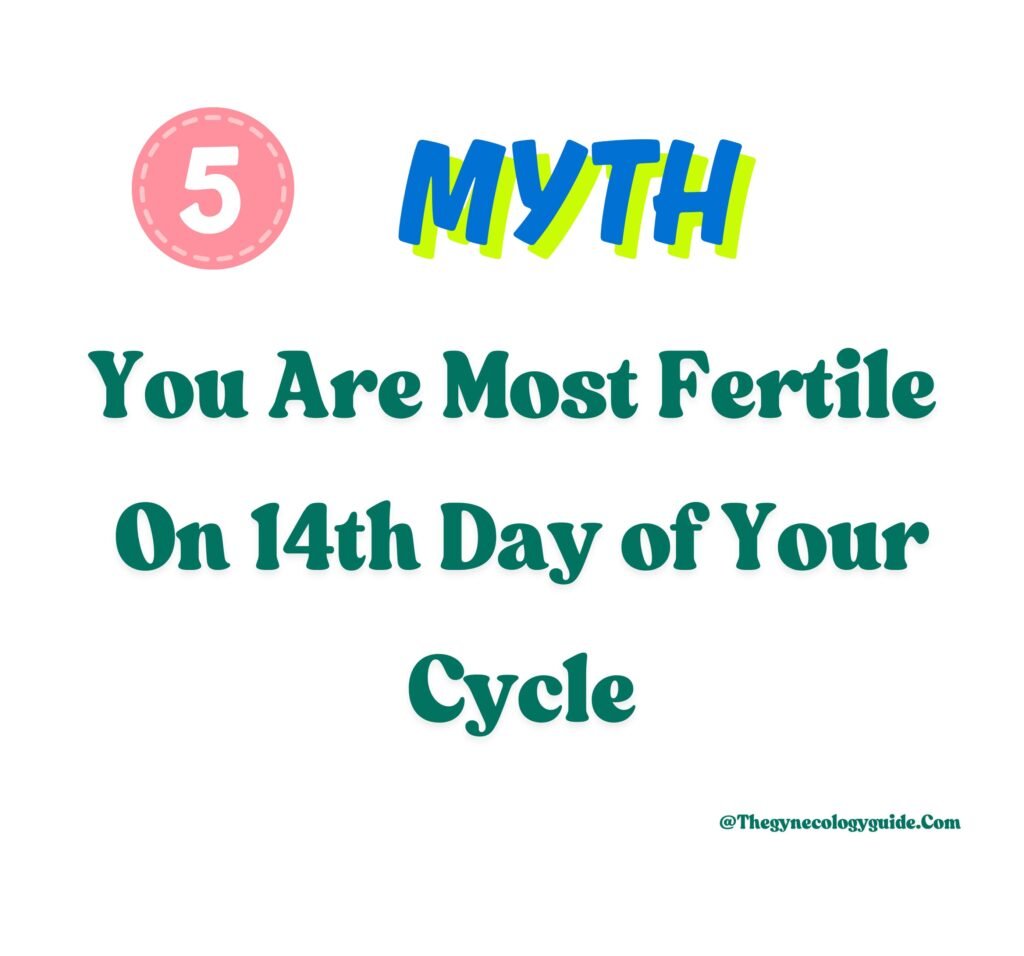
FACT:
Ovulation timing varies. While day 14 is an average FOR AN 28 DAY CYCLE, WHILE women with shorter cycles (e.g., 21 days) may ovulate earlier, and those with longer cycles (e.g., 35 days) may ovulate later.
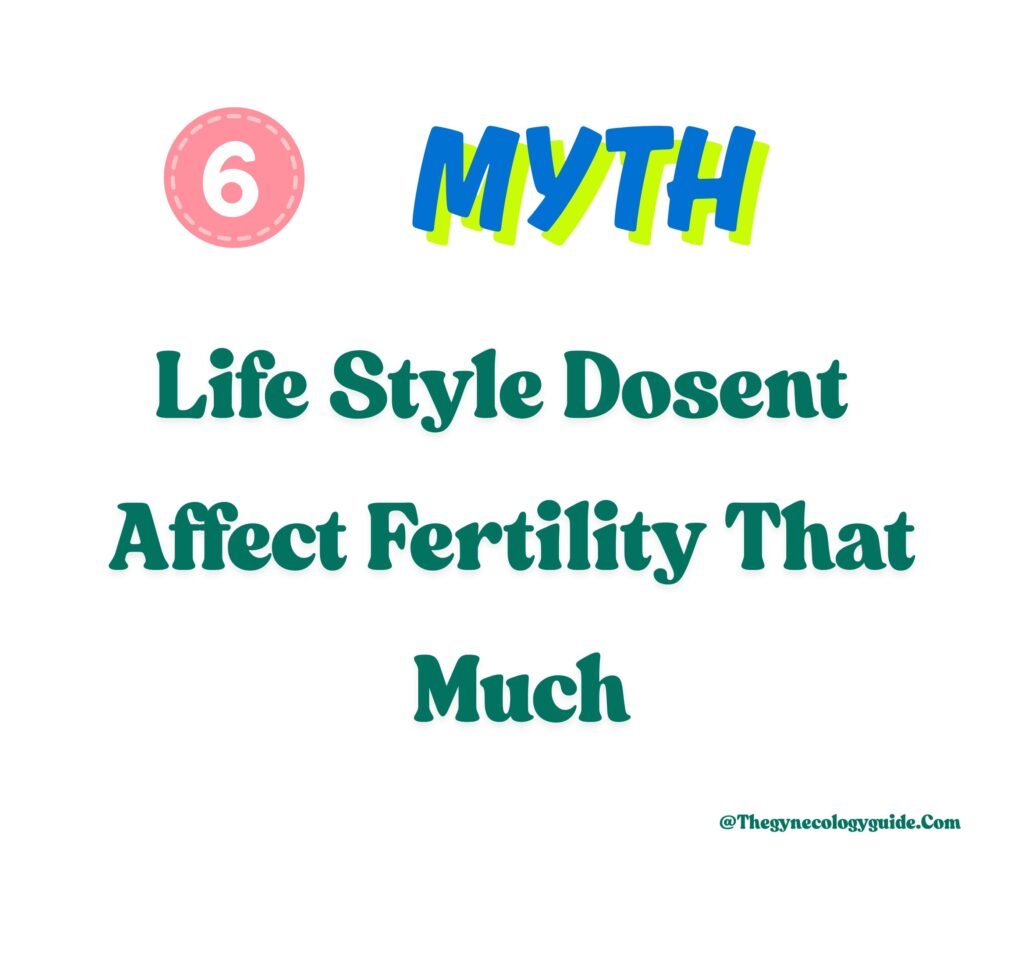
FACT:
Smoking, excessive alcohol, obesity, extreme weight loss, and high stress can negatively impact fertility in both men and women.
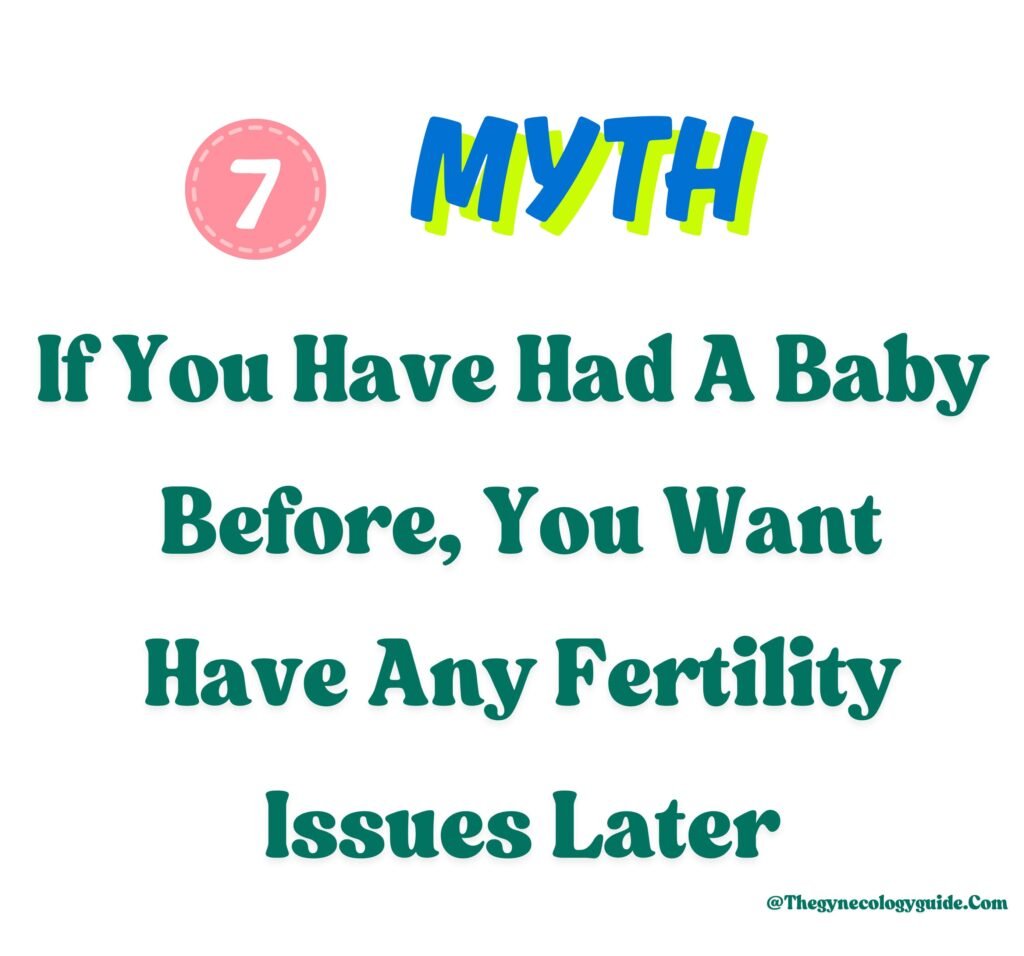
FACT:
Secondary infertility (trouble conceiving after a previous pregnancy) affects about 10% of couples due to age, new health issues, or lifestyle changes.
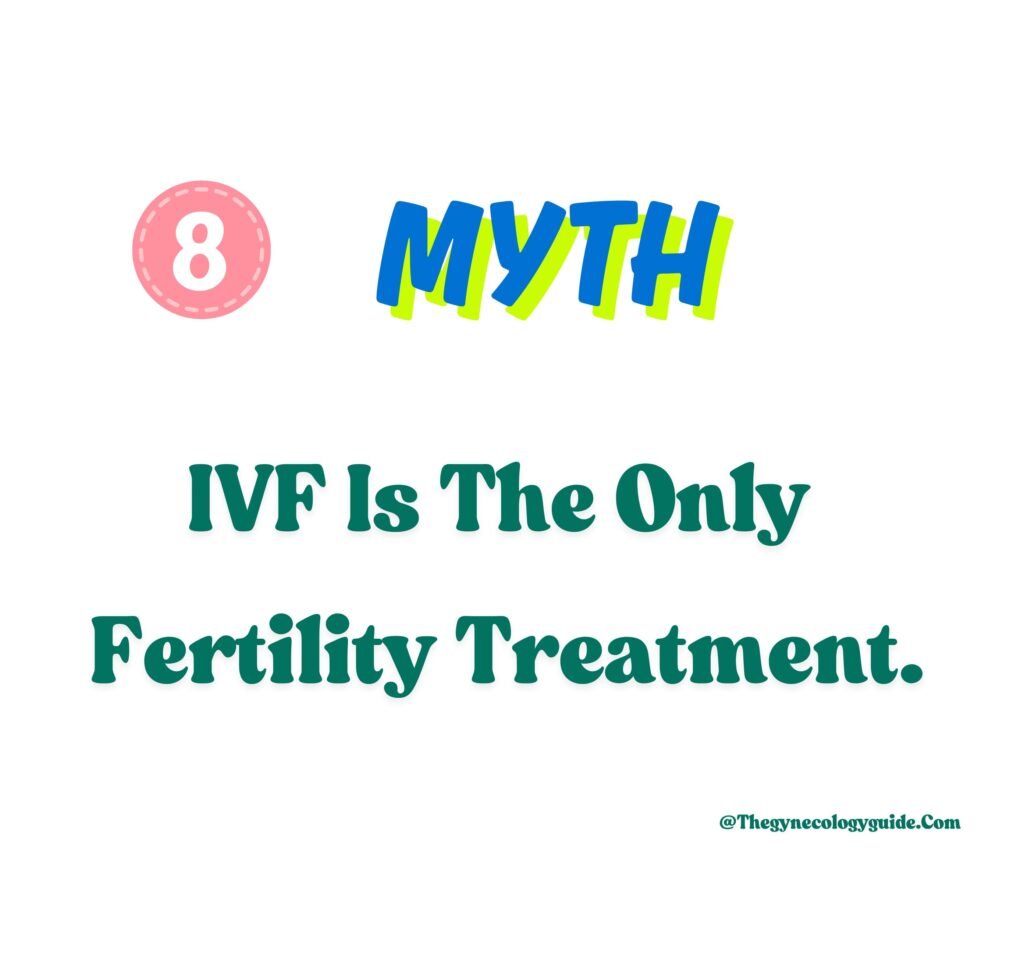
FACT:
Many couples conceive with less invasive treatments like ovulation induction, IUI (intrauterine insemination), or surgery (e.g., for endometriosis). IVF is just one option.
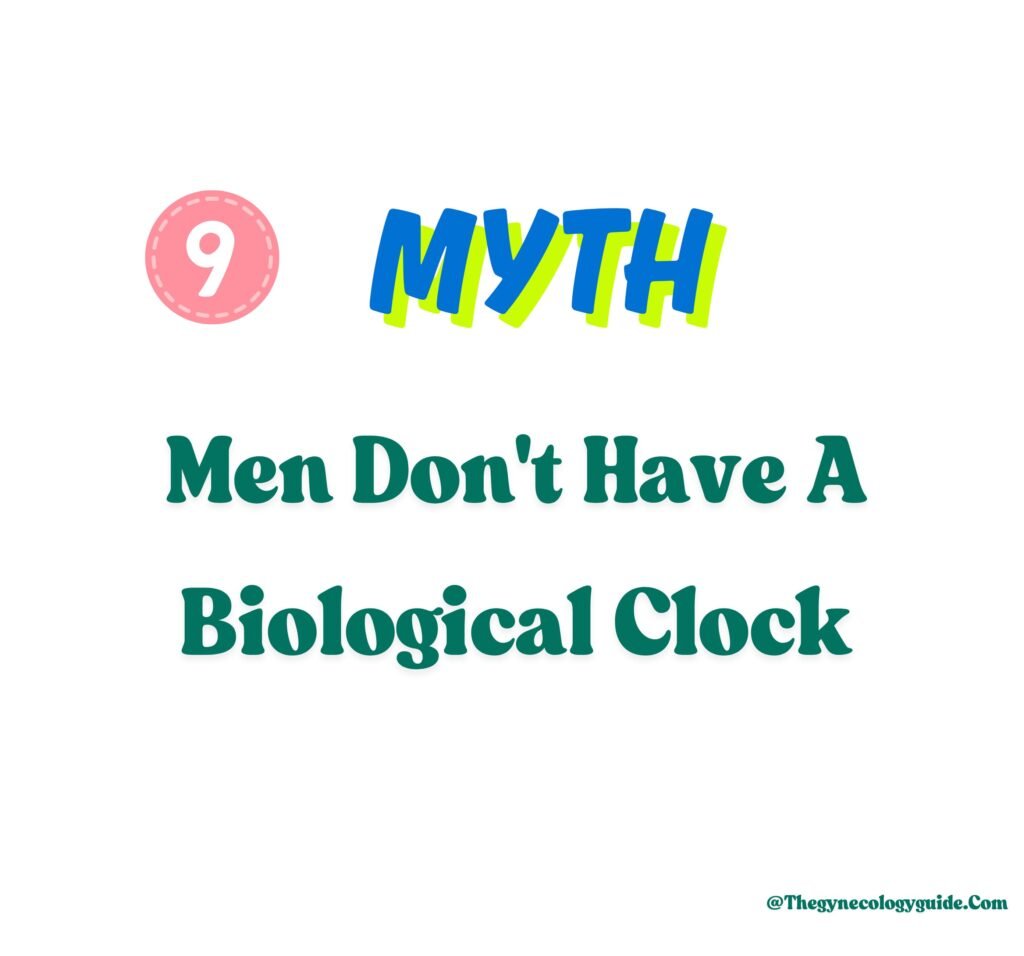
FACT:
While men produce sperm throughout life, sperm quality declines after age 40-45, increasing risks for infertility, miscarriage, and genetic disorders.
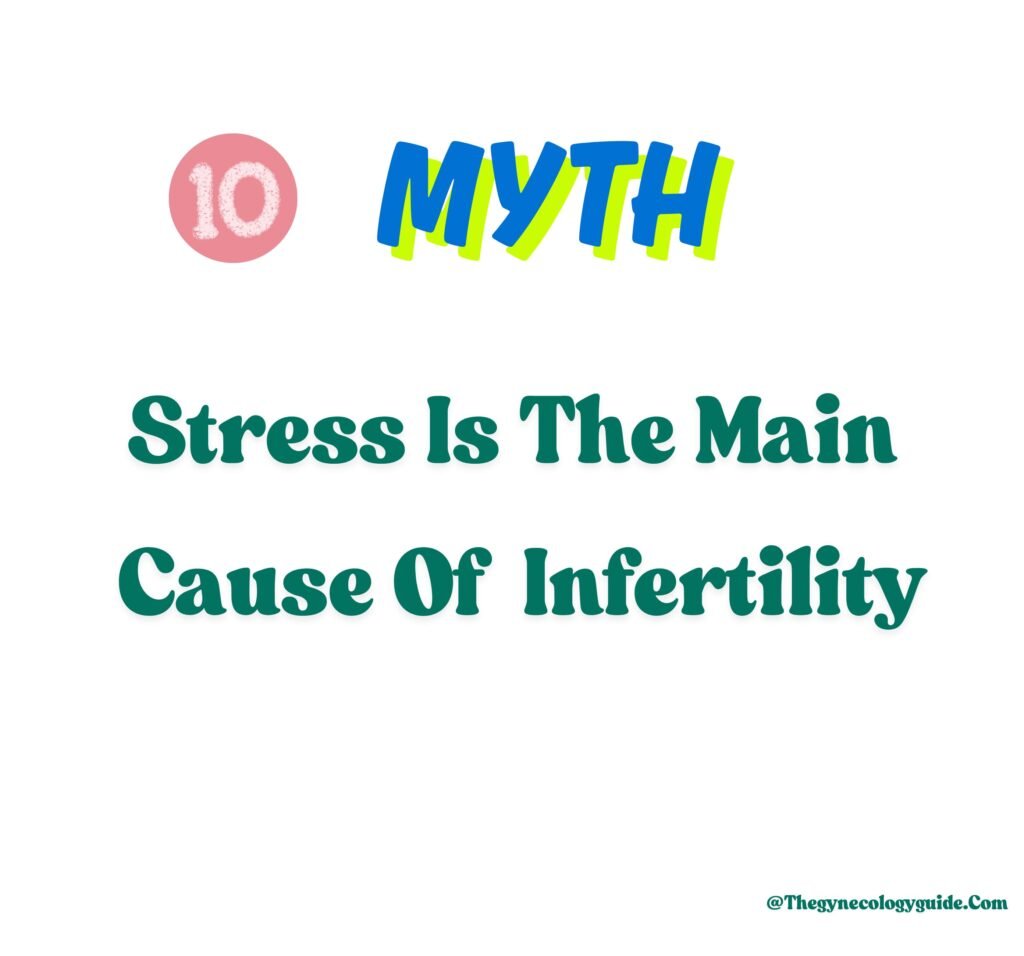
FACT:
While extreme stress can affect hormones, most infertility cases are due to medical conditions (PCOS, low sperm count, blocked tubes). Stress alone rarely causes infertility.
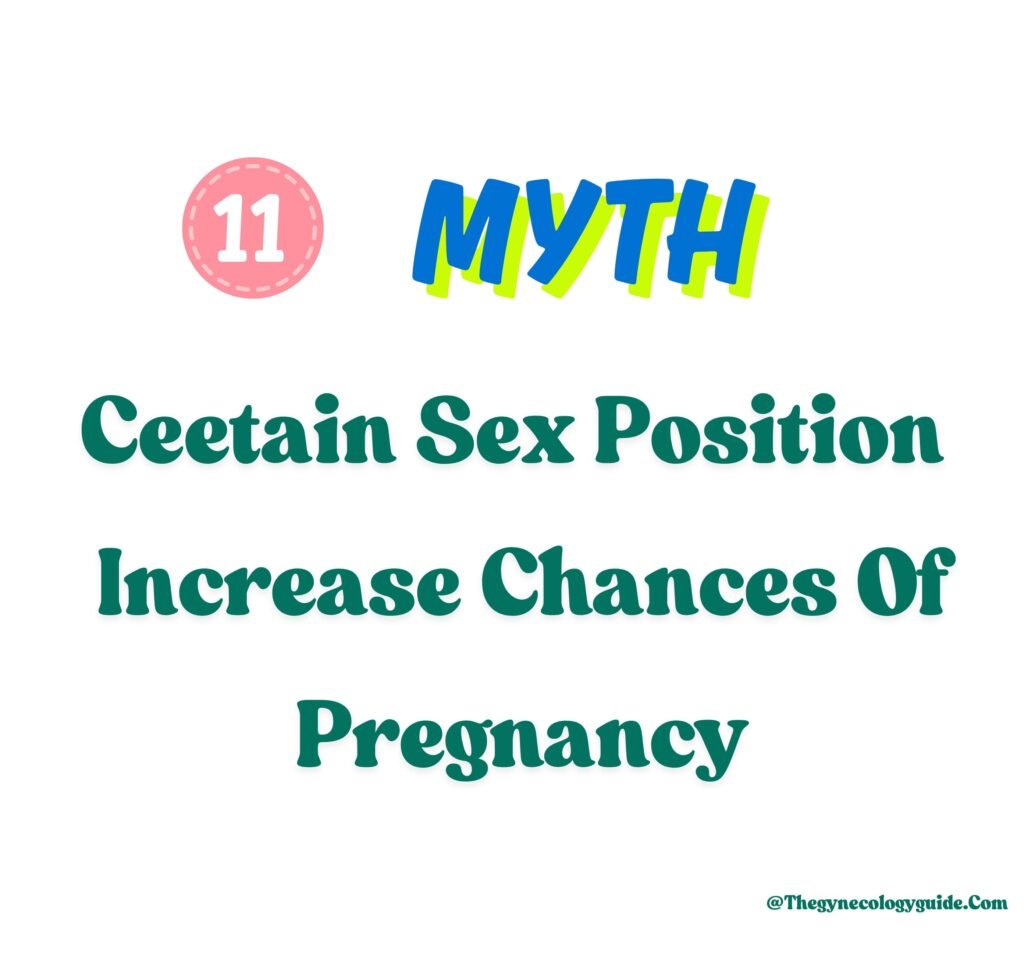
FACT:
No scientific evidence proves that specific positions (like missionary) improve conception. The key is well-timed intercourse around ovulation.
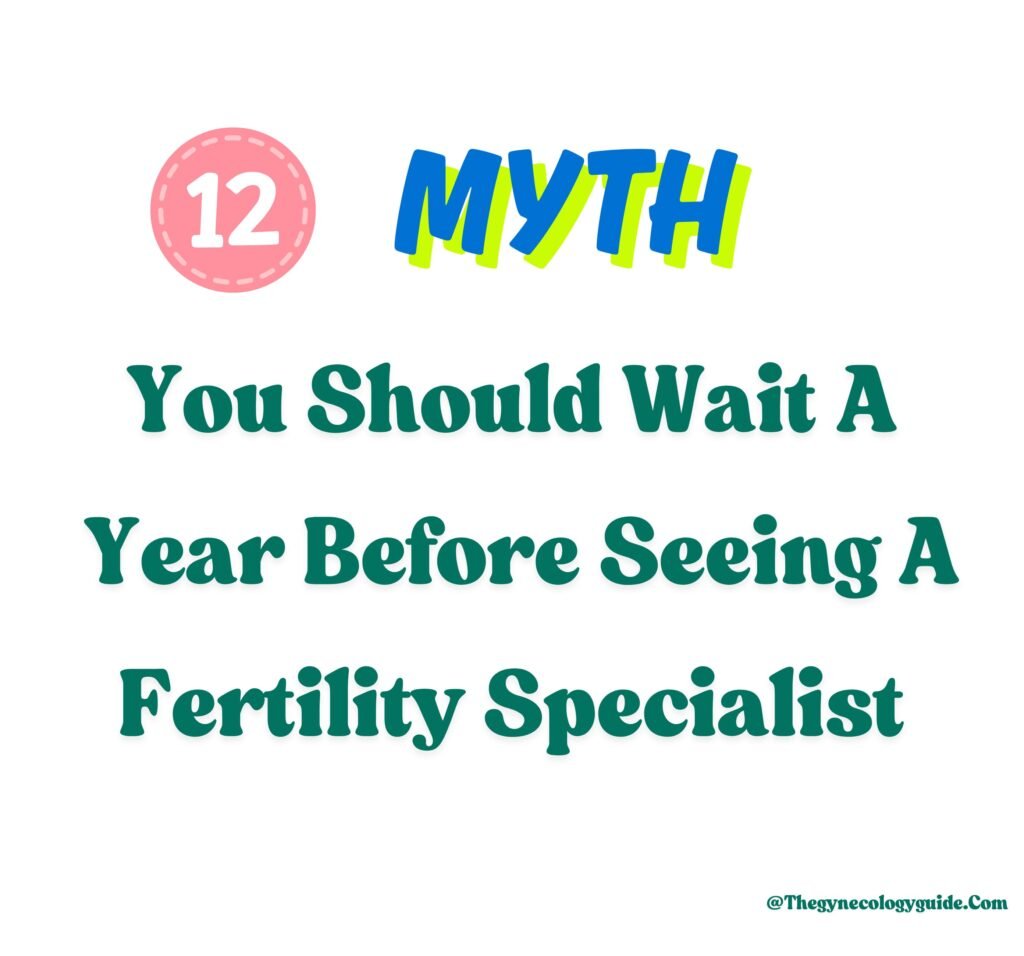
FACT:
If you’re *over 35, see a specialist after *6 months of trying. For women *over 40, seek help *immediately. Other red flags (irregular cycles, known conditions) also warrant earlier evaluation.
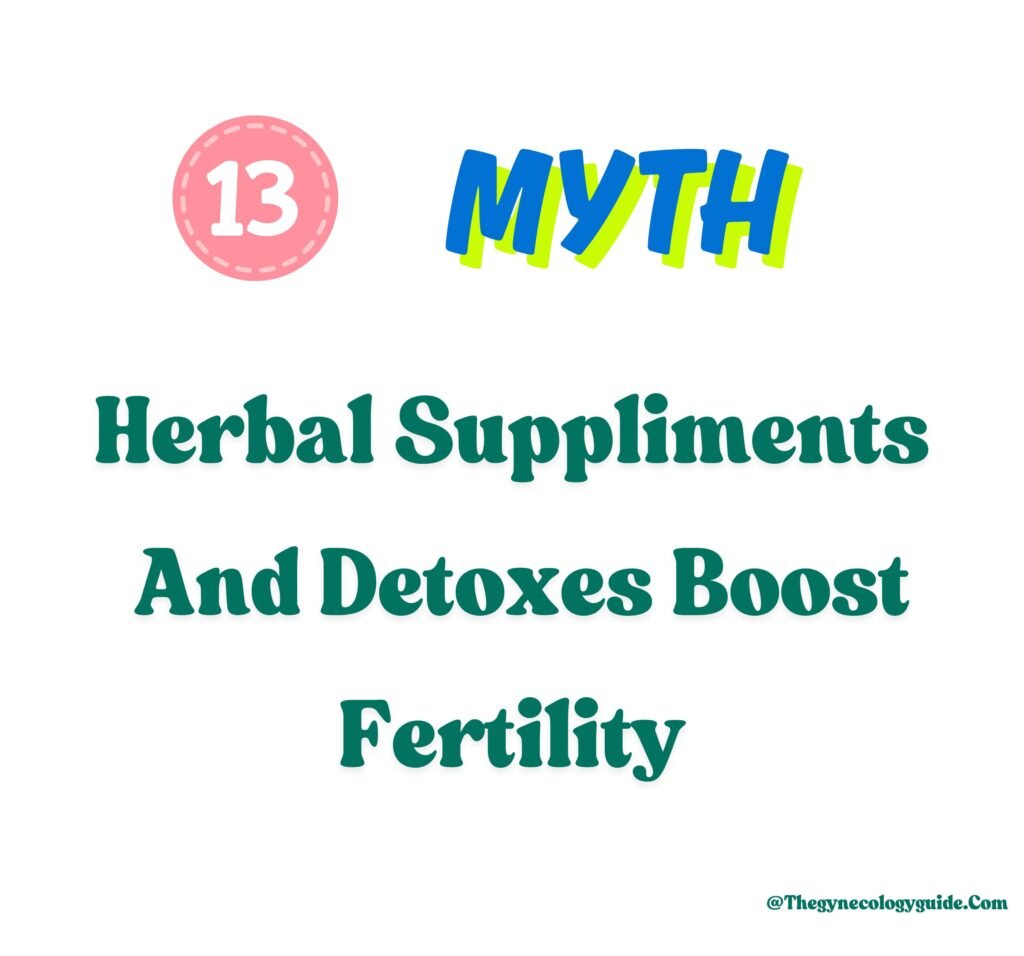
FACT:
While some supplements (like folic acid) help, others can interfere with hormones. Always consult a doctor before taking fertility herbs or cleanses.
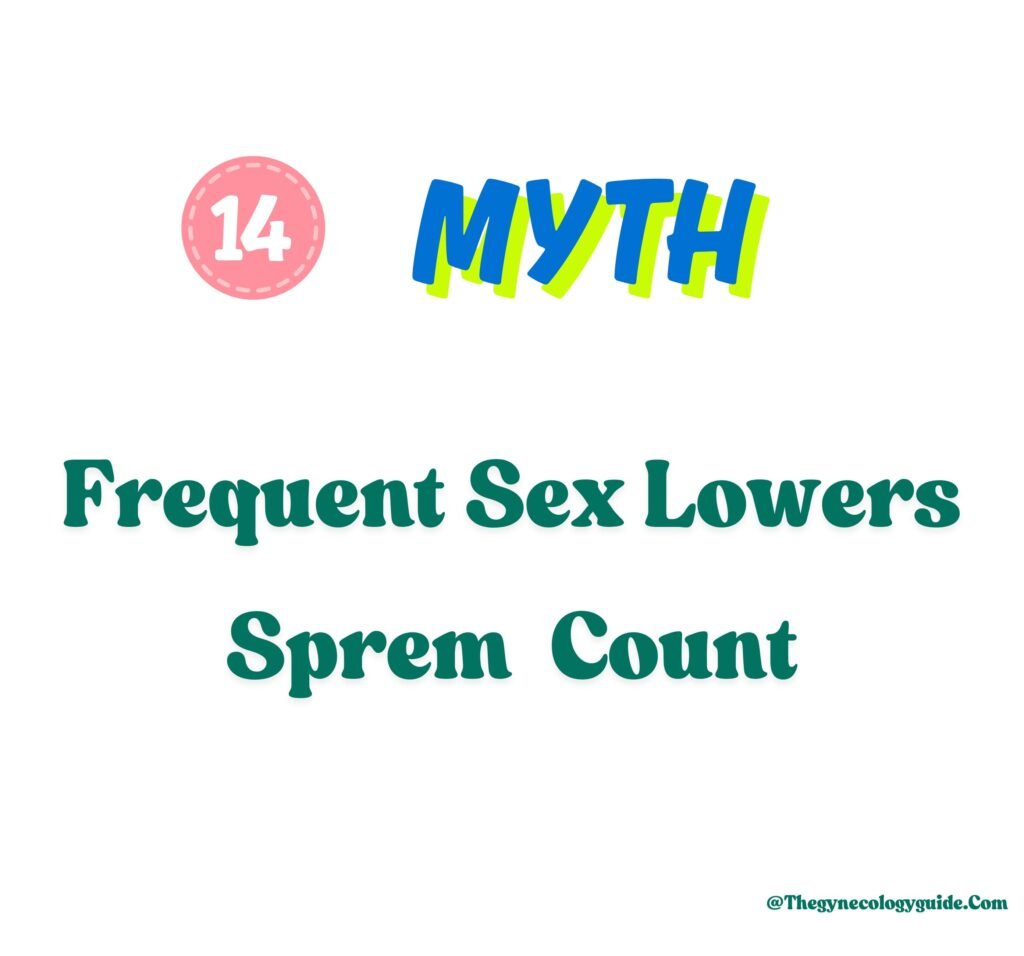
FACT:
Daily sex doesn’t harm sperm quality in healthy men. In fact, more frequent sex (every 1-2 days) during the fertile window improves chances.
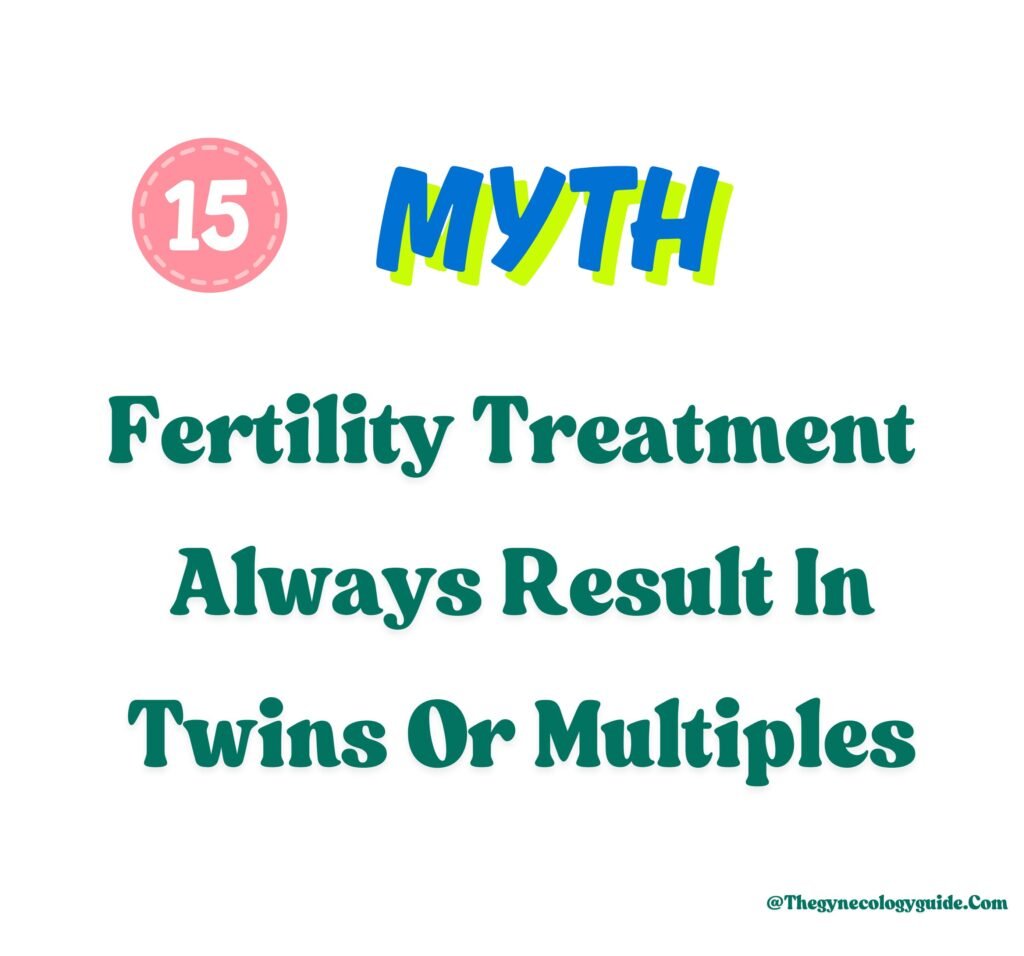
FACT:
While treatments like IVF increase the chance of multiples, single-embryo transfers and careful monitoring reduce this risk.
Key Takeaways:*
✅ Fertility is complex— myths oversimplify it.
✅ Men + women contribute equally to conception challenges.
✅ Age is the biggest fertility killer (for both sexes!).
✅ See a specialist early if you’re struggling—don’t wait a full year if you’re over 35!
Fertility is complex, and misinformation can lead to unnecessary worry. If you’re struggling to conceive, consult a fertility specialist for personalized advice
